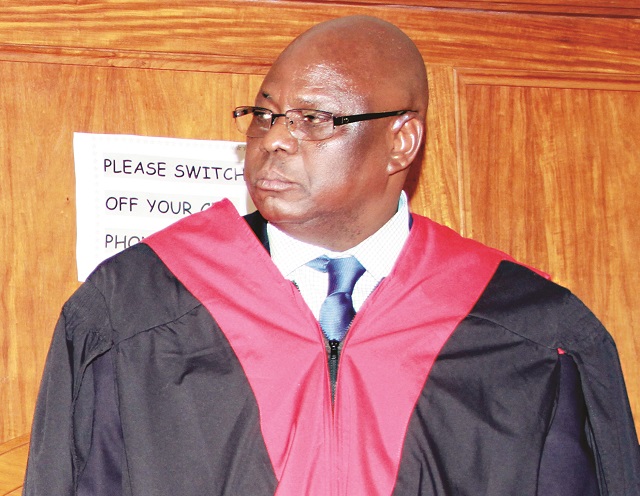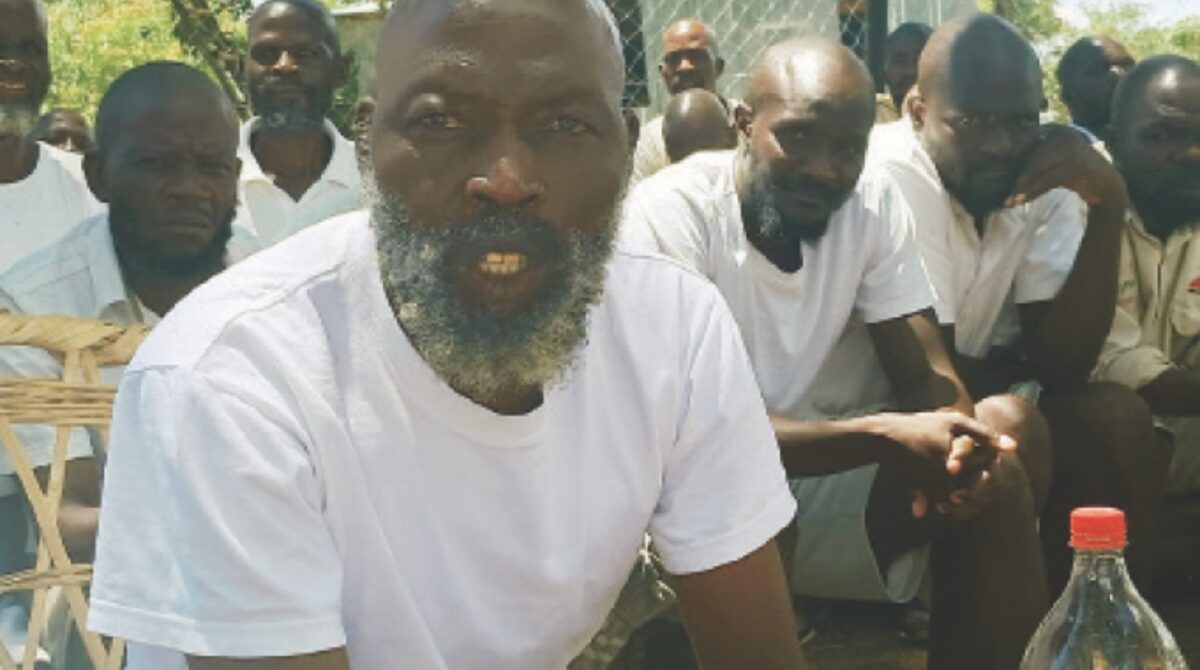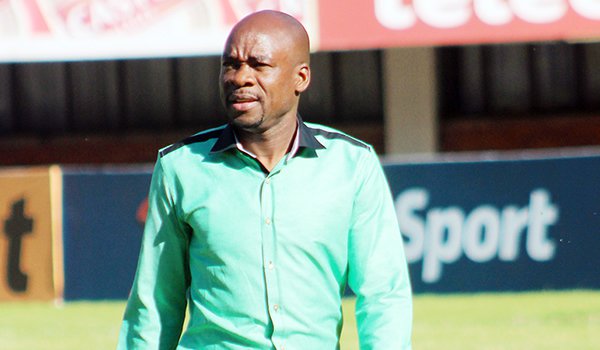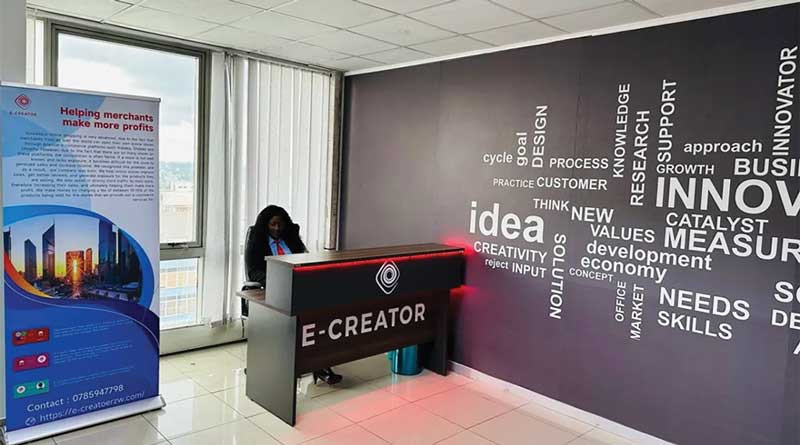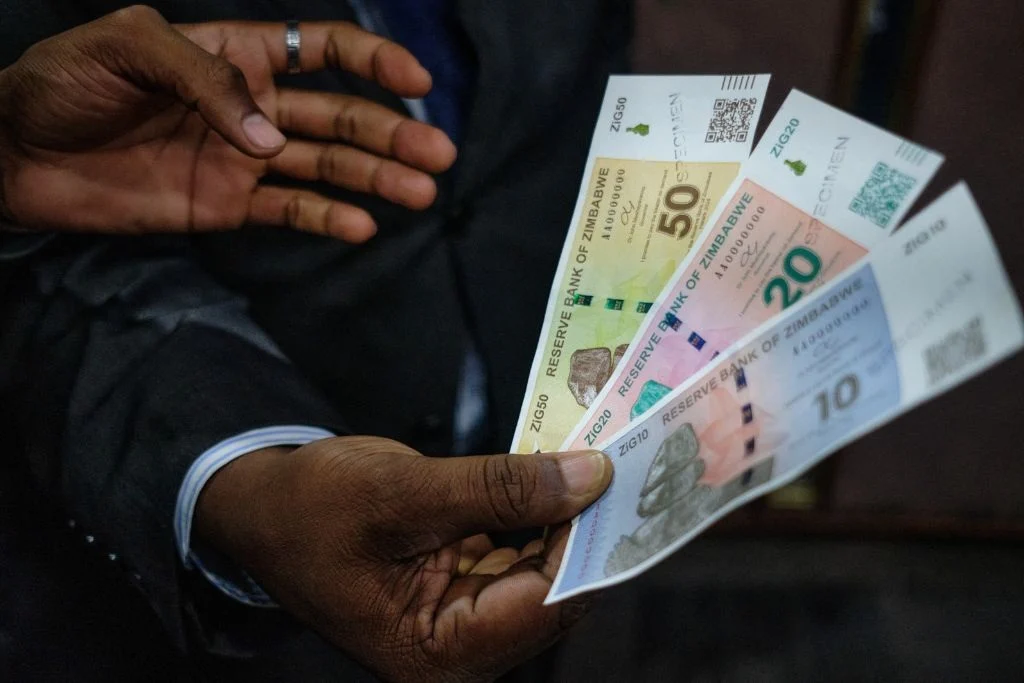HARARE – The trial of former Chief Magistrate Mishrod Guvamombe has been restarted after a judge admitted an administrative error.
Guvamombe’s trial on two counts of criminal abuse of office had kicked off on Wednesday. He denies wrongdoing.
Justice Felistus Chatukuta on Friday said he had overlooked provisions of Section 3(b) of the High Court Act in dealing with a constitutional matter which requires a judge to sit with two assessors during such proceedings.
He proceeded to quash proceedings of the previous two days as the trial started anew.
On the first count, Guvamombe is accused of interfering in the criminal trial of businessman Nathan Mnaba, leading to his acquittal. His lawyers say an inquiry by the Judicial Service Commission (JSC) cleared him of wrongdoing and have asked the JSC to produce the record of proceedings to bolster their case.
With the JSC yet to avail files from that internal disciplinary inquiry, Guvamombe’s lawyer Jonathan Samukange moved that the trial starts on count two: that the Chief Magistrate offered internship places to two former ministers who were facing corruption trials.
Saviour Kasukuwere and Supa Mandiwanzira, who were studying law, were initially attached to the criminal courts but were later moved to the civil courts.
The state’s first witness, JSC secretary Walter Chikwanha said of Guvamombe: “I respected him very much as my boss.”
Chikwanha said in 2018, at the time of the two politicians’ attachment, there were no set guidelines on how students would get internship in the judicial system.
In some instances, a university would write requesting for a certain group to be considered for attachment, while in other situations students would approach the JSC personally but with a letter from their university.
There were also occasions, he said, that students or universities would directly approach some departments within judicial system and have their internships approved.
“We didn’t have any circulars regarding how we deal with those things (attachment). So, if one approached the JSC we would refer a student to a department concerned and they would be handled by departments,” Chikwanha testified.
“There was nothing written down, and I as secretary would authorise if I was supposed to do so. After this incident came to light in November 2018, we decided that it now has to be procedural.”
During cross-examination by Samukange, the JSC chief said the lack of set guidelines made it difficult to hold officials at fault because rules can only be broken if they exist in the first place.
Guvamombe has indicated that he will, in his defence, show that the charges were fabricated by some subordinates whom he admonished over the sexual harassment of staff, including female magistrates.
He retired in March after 35 years as a magistrate, and 10 of them as Chief Magistrate.
The trial continues.
